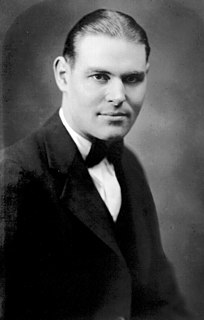A Quote by Queen Rania of Jordan
Extremism is not endemic in my region, nor is anti-Western sentiment. No doubt there is discontent and distrust. That is towards more the American and some Western policies, and not toward the American people.
Related Quotes
You see the one thing I've always maintained is that I'm an American Indian. I'm not a Native American. I'm not politically correct. Everyone who's born in the Western Hemisphere is a Native American. We are all Native Americans. And if you notice, I put American before my ethnicity. I'm not a hyphenated African-American or Irish-American or Jewish-American or Mexican-American.
I think feminism has always been global. I think there's feminism everywhere throughout the world. I think, though, for Western feminism and for American feminism, it not so surprisingly continues to center Western feminism and American feminism. And I think the biggest hurdle American feminists have in terms of taking a more global approach is that too often when you hear American feminists talk about international feminism or women in other countries, it kind of goes along with this condescending point of view like we have to save the women of such-and-such country; we have to help them.
The reason I wouldn't dare to write a Western is simply because that seems to be so much a part of American culture. Maybe if I want to write a Western enough I should try to overcome that fear, but I'll certainly feel like I'm trespassing. I feel that that is so much a part of American foundation myth, it's part of the myth of America, the American vision of what America is, which people have glorified and then challenged and then vilified.
If we have an element of Americans here that reject western civilization, and that's a big element, that reject western civilization, then what have we? This is an effort on the left I think to break down the American civilization and the American culture and turn it into something entirely different.
Anticipating attacks, I should like to emphasize that I do not subscribe to the myths propagated by enemies of Israel and I am not blaming Jews for anti-Semitism. Anti-Semitism predates the birth of Israel. Neither Israel's policies nor the critics of those policies should be held responsible for anti-Semitism. At the same time, I do believe that attitudes toward Israel are influenced by Israel's policies, and attitudes toward the Jewish community are influenced by the pro-Israel lobby's success in suppressing divergent views.
With a few exceptions like Kraftwerk, most great 20th century Western music is in some way American-based. And the great paradox of America, the paradox that distills America, is that this greatest of American contributions to humanity, this American contribution that probably has influenced more people around the world for the good, that probably has brought more people around the world unqualified joy, was born of America's greatest evil, slavery. Or one of the two great evils anyway, counting the European extinction of those who were on the continent first.





































